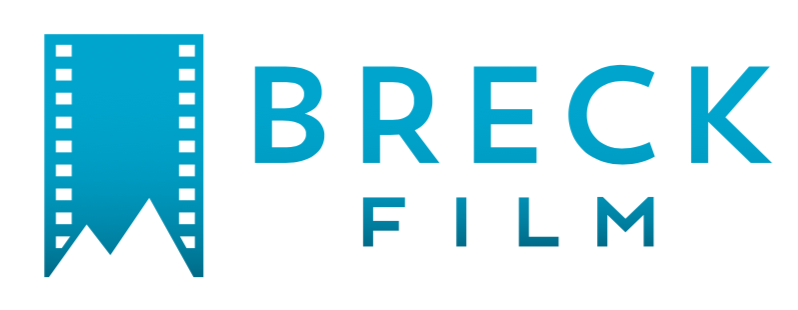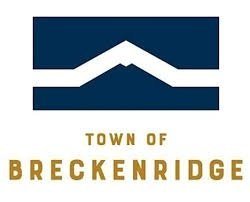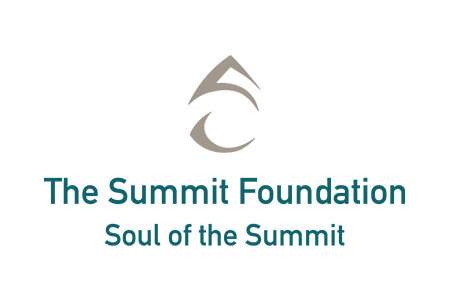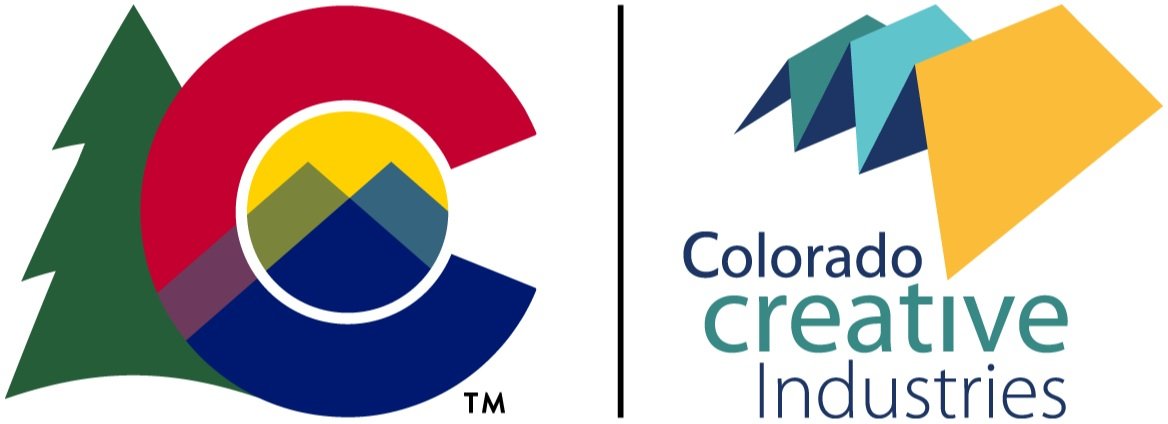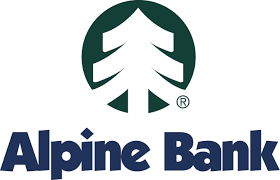FILMMAKER OF THE MONTH • DECEMBER 2017 • CHRISTINE WEATHERUP
/This month we are highlighting filmmaker Christine Weatherup who was born and raised in Los Angeles and has been acting professionally since she was a teenager. She graduated from USC, where she triple majored in Cinematic Arts, Theatre & Political Science. Recently, Christine starred in the award-winning indie feature Bread and Butter, opposite Bobby Moynihan (SNL), Micah Hauptman and Lauren Lapkus.
She has worked extensively in film and television, appearing on Westworld, Mad Men, Criminal Minds, and Grey's Anatomy, in addition to starring in numerous national commercials.
In addition to acting, Christine produces, writes and directs. She produced and acts in the award-winning webseries Squaresville, which has garnered millions of views and was featured on Entertainment Weekly's "Must List". Currently, she's traveling the festival circuit with the short film Killed In Action, which she wrote, directed and stars in.
Currently, Christine is prepping her first feature film, Into the Fog, a modern noir set in San Francisco. The script was a finalist for the 2017 Sundance Screenwriters Lab and she is currently in pre-production on the project.
Filmmaker Interview
Tell us your backstory. How and why did you get into the filmmaking?
For as long as I can remember, I’ve always been interested in film. I love how films can transport you to different worlds that you might never see otherwise. Just as Ebert called film an “empathy machine,” I believe movies have the power to help us understand our world, as well as ourselves. As a child I begged my parents to let me pursue acting – I even asked my parents for an agent for my 7th birthday (Don’t worry, they didn’t!) Eventually I wore my parents down, however, and started acting as a teenager. From there, I went to USC to study film, knowing that I wanted to work on both sides of the camera.
What are the specific qualities that, in your opinion, make a film great?
For me, it all comes down to the emotional resonance of a film. Craft is important, but if a film doesn’t connect to an audience, it won’t stand the test of time. The characters must be complex and authentic. The films that stay with me are the ones that impact me on an emotional level, and that can only happen when you have the alchemy of a compelling story and fascinating characters.
What films have been the most inspiring or influential to you and why?
Growing up, I was enchanted by sweeping historical films and period pieces. They brought to life a world that on paper felt vastly different than our own. Ang Lee’s Sense and Sensibility continues to captivate me, and I love all of Anthony Minghella’s work, particularly The Talented Mr. Ripley. As a teenager, I became obsessed with Jodie Foster’s work because she plays such strong, fascinating women, and additionally I admired how she works on both sides of the camera. Silence of the Lambs is one of my favorite films because of the incredible performances of both Jodie Foster and Anthony Hopkins.
What’s harder? Getting started or being able to keep going? And what drives you to continue making films?
Oooh, good question… I think whichever part of the process you are currently in is the hardest! In all seriousness, I think each step of a project has major challenges and it’s not until you make it to the next step that you realize you can do it. There are always highs and lows, but it’s your commitment that makes a project happen. The best advice I’ve received for when you look ahead and become overwhelmed by all that must be done is to focus on the smallest, simplest task ahead and simply do that. If you keep taking those small steps, eventually you will scale the mountain.
How do you know when your story’s finished, when to walk away?
This is something I really struggled with when making Killed in Action. You can always keep tinkering and adjusting, but at a certain point, you have to move on. I think it’s da Vinci who said “Art is never finished, merely abandoned.” I believe that the act of stepping back and moving on is what makes you an artist. I takes a certain maturity (and strength!) to walk away and start a new endeavor. There’s something really beautiful about that process. And with time, you start to see your art with clearer eyes and understand it in a deeper way.
How many films have you completed? What is your favorite project you have worked on and why?
I’ve completed many films as an actor, but Killed in Action is the first project that I wrote, directed, and starred in. Being at the helm of this project definitely helped it burrow into a special place in my heart. And, on a personal note, I loved doing the research for the time period and uncovering items of my family’s that I then used as set dressing for the film. The letter that Alice reads is actually a letter my Grandfather sent home during the war. Those small details helped bring the film to life for me, and made me feel closer to my family history.
Where do you get your inspiration from?
Inspiration can come from many places, and varies from project to project. In the case of KIA, it started with a writing prompt: “write a short film about a secret”. The prompt was vague, but it was enough to get the ball rolling. Also, as an actor, I’ve always loved period war films and wanted to find a story for that genre. I found myself frustrated that women rarely get to play rich, layered characters in the war film because the focus is usually on the battlefield, so I set out to create a story that examined the life of a housewife on the home front. From that kernel, I developed the story and then infused some historical research (Rick’s story is loosely based on the Dachau Massacre).
Why did you choose to submit to the Breckenridge Film Festival? What do you look for in a festival where you hope to show your film?
When I was beginning to apply to festivals, I reached out to a number of filmmakers to get their recommendations. Breckenridge came up a number of times, and when I researched more, I could see why: the community supports the mission of festival and truly champions the spirit of indie filmmaking. The passion for film, as well as fresh, complex stories is palpable. When I’m looking at festivals, it’s important to me to find places that support their filmmakers (Breckenridge was very helpful getting filmmakers out to attend the fest), values quality filmmaking from fresh voices, and hey, it doesn’t hurt when the festival is in such a beautiful place!
What are the hurdles you have had to overcome in order to recoup the costs of producing the film? (If you feel comfortable discussing exact financials, you are welcome to do so.)
One of the first major challenges for our film was figuring out how to make a period film on a small budget. We applied to a ton of grants and received one from the Puffin Foundation. From there, we had enough money to get going but not enough to make the film. So, in early 2016, we launched a Kickstarter and raised about $7,500. As indie filmmakers, and actually I’d argue all filmmakers, you must be creative about how to get your film made within your means – there’s never enough money. We were very lucky to get so many people to help us and help bring my vision to life. All in all, our film cost us about $10K, but would have cost closer to $70,000 if we had not utilized a decade of favors and the massive talents of our cast and crew.
What are the next project or projects you are beginning work on?
I have a feature length script that I’m currently in pre-production with called Into the Fog. It’s a modern noir set in San Francisco, about a woman who is searching for her missing her sister. The script was a finalist for the Sundance Screenwriters Lab and I’ve started assembling my team (many of whom collaborated on Killed in Action!) and reaching out to cast. Just like KIA, I will be writing, directing, and acting in this project. I’m VERY excited to dive in!
If there is one or more thing you think would make the film industry better, what would it be?
The last few weeks have brought a seismic shift in Hollywood, with revelations about power and the dynamics that protect that power. I am hopeful that these revelations will help the industry clean house and give voice to those who have historically been excluded. Seeing women promoted to more power positions and witnessing Hollywood celebrate more diverse stories gives me a lot of hope. I believe that when more voices are heard, we all win. I’m interested and encouraged to see what the next year brings for our industry…
